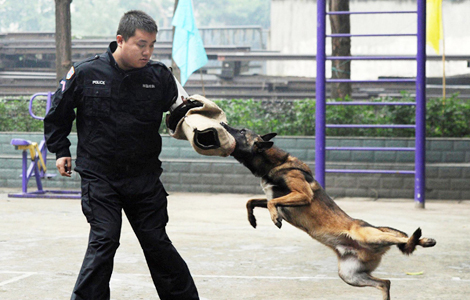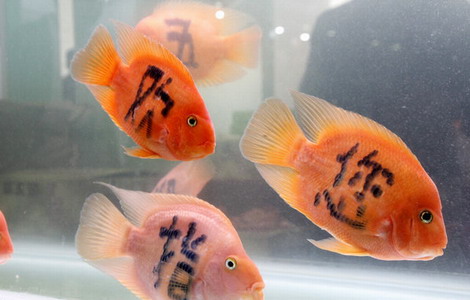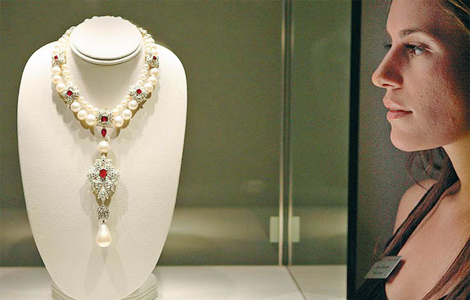|
|||||||||||
BEIJING - Twenty journalists from five African countries, invited by the International Department of the Communist Party of China (CPC), recently completed a 12-day tour of China in which they observed the country's efforts to fight graft and corruption.
Starting with a visit to the headquarters of the CPC Central Commission for Discipline Inspection (CCDI) and the CPC Central Committee's Organization Department in Beijing, editors and correspondents from major media bodies in Kenya, Liberia, Tanzania, Zimbabwe and Southern Sudan got an in-depth look at the Party's key anti-graft agencies.
During their tour of the CCDI compound, the top discipline inspection organ of the CPC, the journalists checked out an exhibition on the history of the CCDI and learned about the investigations that typically take place in corruption cases.
"I was originally taught that China is a very secretive society where you cannot get any information. However, the officials we met were very open and they explained everything. I got a very different picture of China after the tour," said Douglas Okwatch from Kenya's People Daily newspaper.
Tinashe Chiname, a station manager with the Zimbabwe Broadcasting Cooperation, said it is significant for the CPC to invite major journalists from Africa to observe the Party's anti-graft efforts.
"For me, it means that the CPC is really serious about their anti-corruption campaign," he said.
"There is an increasing number of people who are keen to see a comprehensive and objective observation of China and its ruling party. The Party hopes to exhibit itself to the general public in Africa with democracy, openness and vitality," said Nie Yifeng, head of the information office of the CCDI.
The second leg of the journey took the journalists to South China's Guangdong province from Dec 3 to 9. The province's cities of Guangzhou and Shenzhen have made pioneering efforts in fighting corruption, many of which have been documented by African journalists.
A spokesman from the Shenzhen disciplinary inspection commission told the journalists that the transition process from a planned economy to a market economy not only led to unprecedented economic growth, but also created opportunities for officials to take bribes.
During their stay in Shenzhen, the journalists were invited to visit the city's construction project trading center and learn how a new computer supervision system is helping to create oversight for the country's most notoriously corrupted business sectors. Shenzhen was one of the first Chinese cities to implement such a system.
The journalists also got a chance to pose questions to CPC officials. While wrapping up their journey in the town of Kaiping on Dec 9, the journalists frequently asked about the sustainability of China's economic and social growth.
Some of the journalists also provided comments and advice regarding China's anti-corruption efforts.
"The party needs to come to terms with the fact that corruption, as a morality issue, needs a multi-faceted approach to conquer," said Ngari Gituku, editor of Kenya's Diplomat magazine.
Hot Topics
HIV/AIDS, Egypt protest, Thanksgiving, climate change, global economic recovery, home prices, high-speed railways, school bus safety, Libya situation, Weekly photos
Editor's Picks

|

|

|

|

|

|







